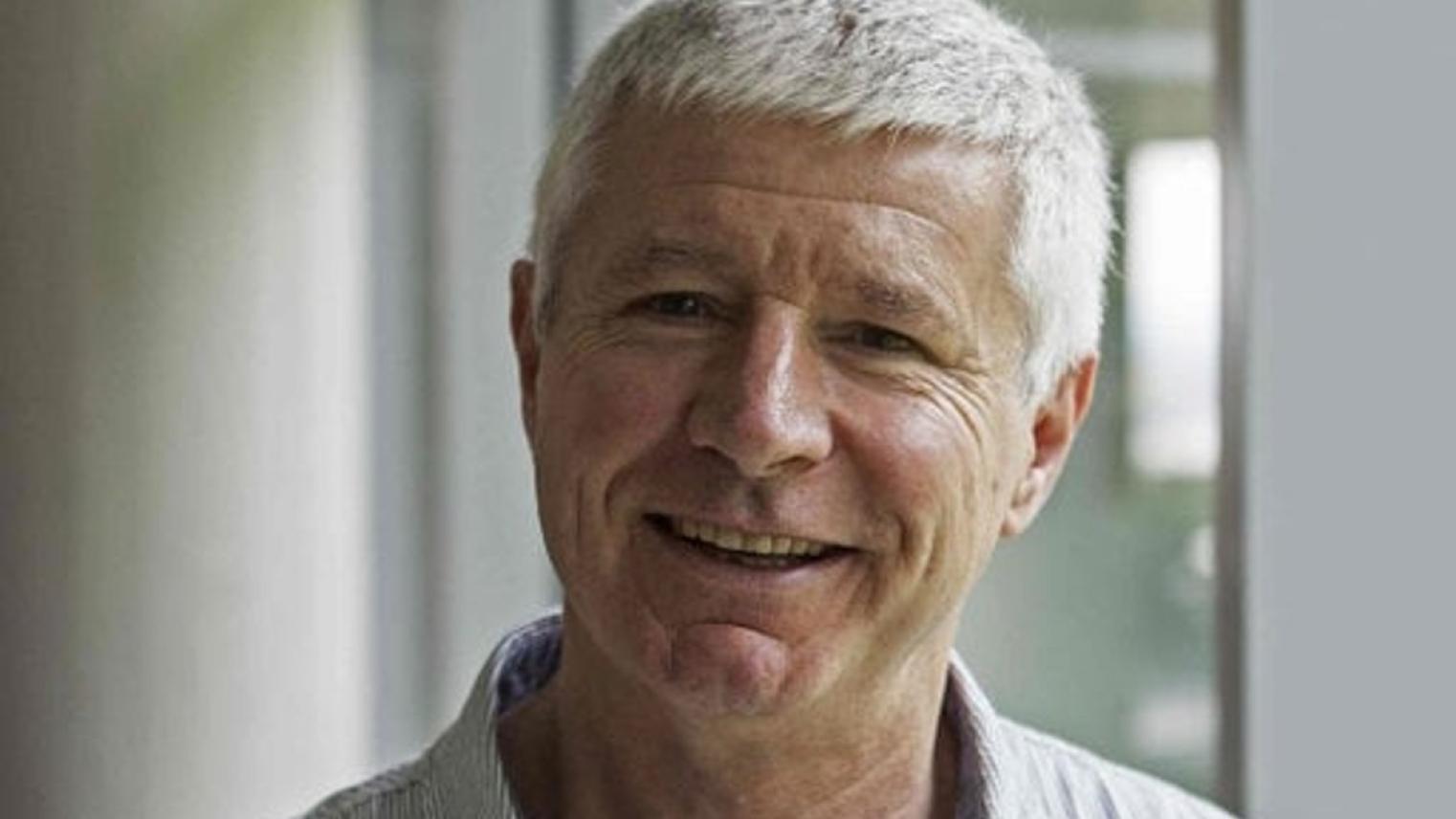Vale, Donald Stanley Gardner (1949–2025)

By Emeritus Professor Chris Gregory, A&A, CASS
It is with sadness that we report the passing of Don Gardner, a former Research Fellow in Anthropology at RSPacS then RSPAS (1992-1996). Don had a long association with the ANU, firstly as a PhD student, then as teacher and finally as visiting researcher in his retirement.
Don was born in London and spent the first 15 years of his life in a council flat in south-east London. An avid reader from an early age, he was particularly influenced by the ideas of Bertrand Russell and other philosophers. He studied biology and anthropology as an undergraduate in England and arrived in Canberra in 1975 to take up a PhD scholarship in Anthropology in what was then the Department of Archaeology and Anthropology in the Faculty of Arts — the very first graduate student to do so. He carried out ethnographic fieldwork among the Mianmin people in PNG’s West Sepik Province. Don was awarded his PhD in 1981 and subsequently got a job as a Lecturer in Anthropology in the Faculties which he held until 2004 when he moved to Heidelberg before moving again to Lucerne in 2008.
During his time at the ANU, Don made some eight return fieldtrips to the Mianmin, spending some 40 months there in total. His research covered social organisation, ritual, historical transformation, demography, nutritional status, and the potential impact of a large-scale mining project. He took a multi-disciplinary approach and collaborated with Robert Attenborough, a biological anthropologist, on an ARC project that looked at epidemiology and demography in its ecological and sociological context. Taro, the Mianmin staple, was a central focus of his ethnographic research as a philosophically inclined ethnographer. Staple food, as every anthropologist knows, is not only good to eat; it is also good to think. His essays on this theme enabled him to develop a radically new understanding of the metaphysics of Mianmin animism. His philosophical approach to anthropology led him to question many of the assumptions that informed the theories of Anthropology’s ‘big men’ (Sahlins and Geertz for example), but his harshest criticism was of himself. This meant that getting things right was more important to him than getting his ideas out quickly in the form of publications. His publication record was, therefore, modest but all his essays were provocative, some of them classics. His PhD, if it is published, will establish his reputation as one of anthropology’s finest philosophically inclined anthropologists.
He loved the interdisciplinary nature of the research in CHL and formed close links with colleagues in the Evolution of Cultural Diversity Initiative team whom he periodically visited on his return trips to Canberra. This multi-disciplinary collection of scholars from Anthropology, History, Geography, Archaeology, Linguistics and Philosophy defined academic nirvana for Don. He was very much looking forward to spending this year working with them, but as he was making his way here in May via England and Ireland to visit his siblings, he discovered that he had bile duct cancer and his health declined rapidly. However, he fulfilled his desire to die in Australia surrounded by his children, grandchildren, and other much-loved kin and friends — the tribe that meant the most to him.
A memorial to celebrate his life will be held on Friday, 3 October in Canberra. His family warmly invite all those who knew Don to come and join them as we share our funny stories and our sorrow and raise a glass to him. It will be held in the Statesman Hotel, Curtin at 2.30pm for 3pm on Friday 3 October 2025. Kids are welcome.
Please RSVP to donmemorialrsvp@outlook.com, noting any dietary restrictions, to assist the family with catering.